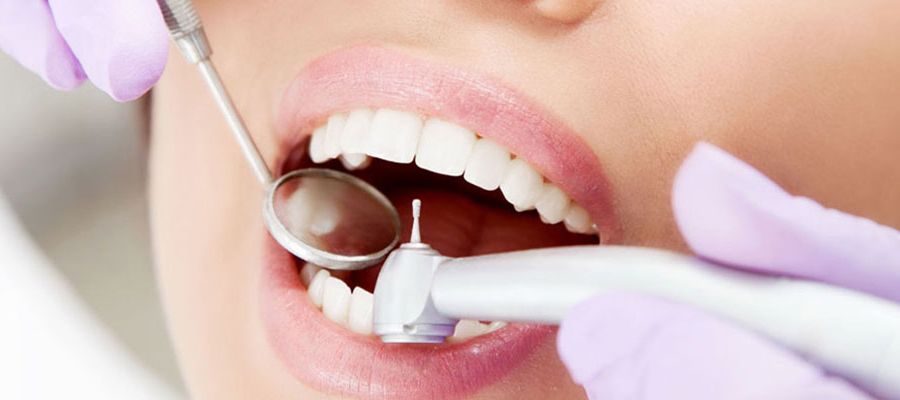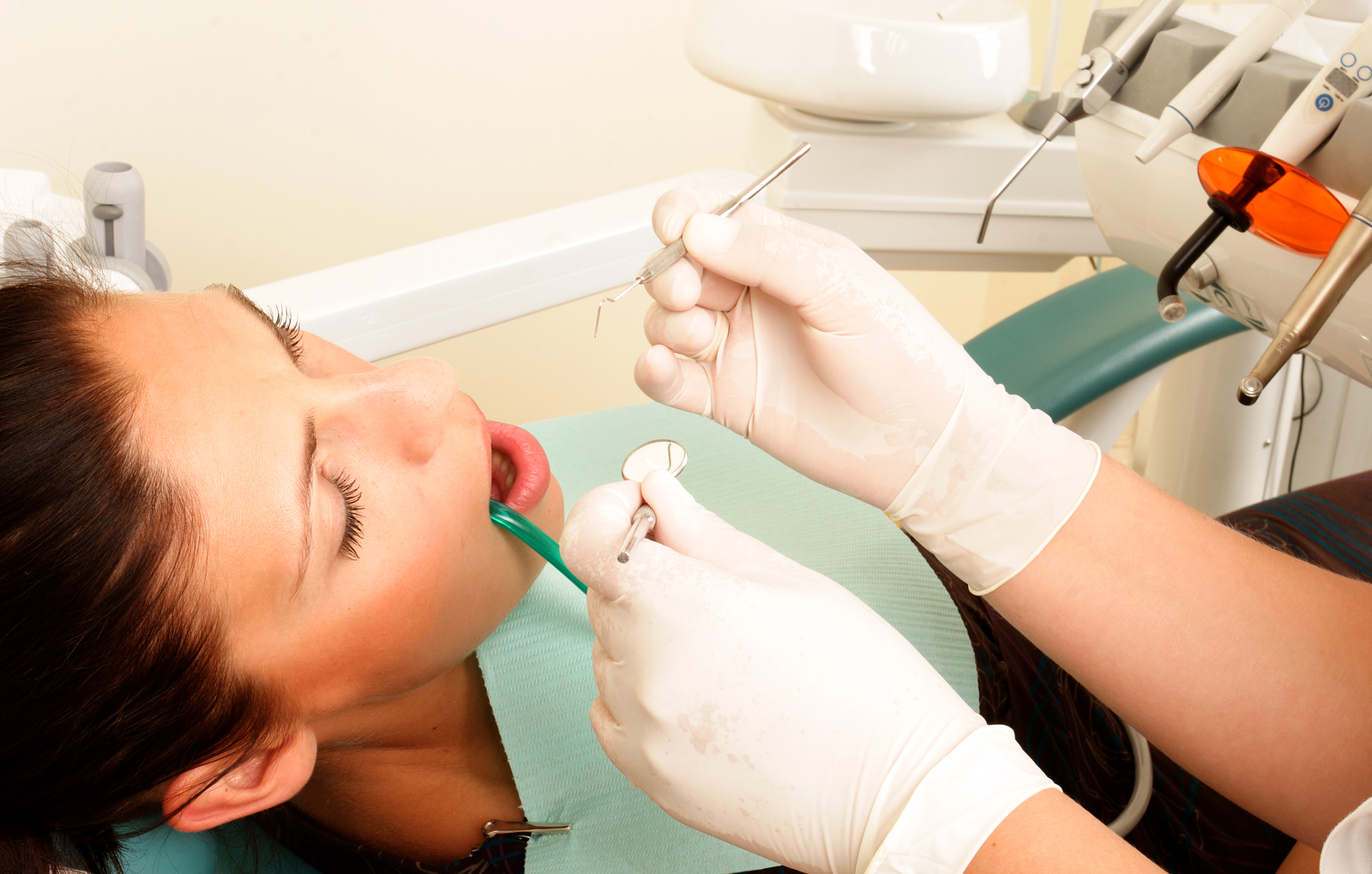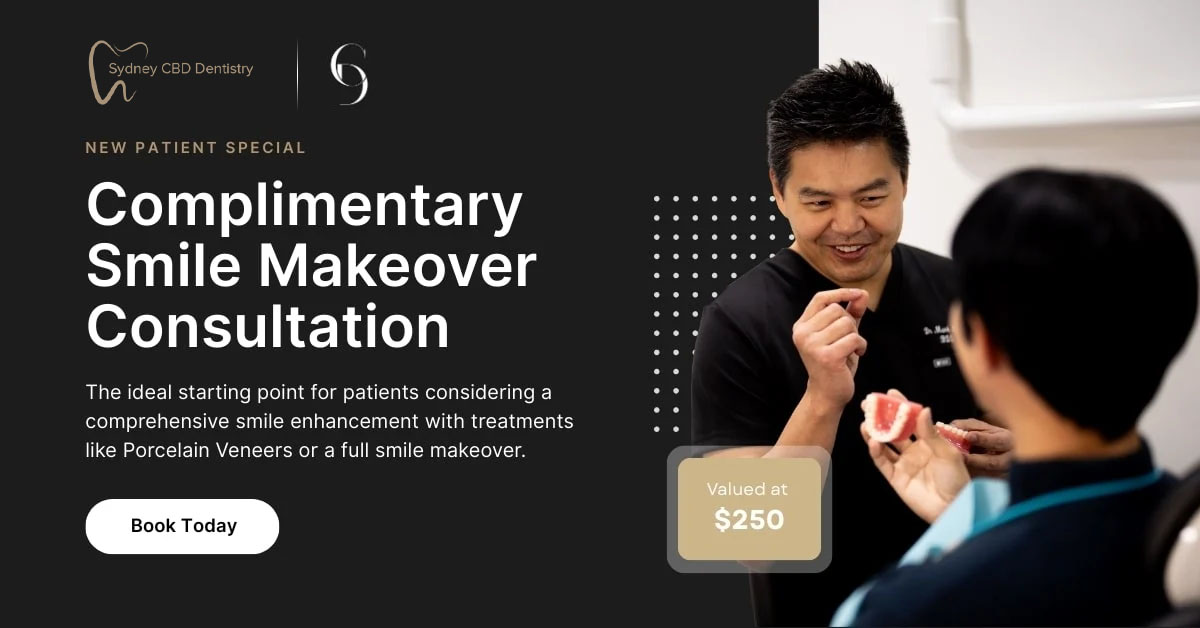Overcoming Dental Anxiety

Oral health is just as important as your general health. In fact, a toothache could be one of the most painful experiences due to the concentrated nerve endings in the pulp of each tooth.
Are you the type of person who waits until a tooth flares up and puts off seeking dental treatment until the very last minute?
A regular check-up with a dental practitioner is the key to maintaining good oral health, which could save you a whole lot of pain and money as treatment generally tends to be more expensive and complex the greater the issue with the tooth.
So what prevents you from going to the dentist? Let us discuss some strategies that may help you.
What is Dental Anxiety?
Dental anxiety is the fear or stress experienced when an individual visits the dentist for treatment. In fact, it happens to one in every six adults and one in every ten children, so don’t worry, you are not alone.
Why is this anxiety harmful to you?
Dental anxiety prevents many patients from attending their routine check-ups appointments or frequently miss their scheduled dental appointments, which have been planned after their initial visit for a check-up. Delaying dental treatment can have long-term detrimental effects on teeth, and minor problems can often escalate.
What may have been just a straightforward filling may turn into a root canal or an extraction where you end up losing the tooth altogether.
What are the causes of Dental Anxiety?
The first and most common cause is patients who have had a bad or traumatic dental experience in the past or childhood.
Next, the general fear of seeking dental treatment can be triggered by the sound of the equipment such as the drill, the complication of the treatment that the patient feels lost, or even financial problems.
A lot of people are also terrified by the thought of painful injections and needles. Another cause is the fear of overwhelming loss of control over their own body, where they feel their privacy is being invaded as the mouth tends to be a very personal space.
Some patients even feel powerless as they have little to no say over their own feelings or treatment while lying down on the chair.
Some new patients who haven’t been to the dentist before also stated that they feel embarrassed to let the dentist look into their mouth because they have poor teeth and bad breath. They don’t want to be judged or be criticized for not looking after their teeth.
How to overcome your Dental Phobia?
Dental phobia is a never-ending loop; the more you avoid seeing the dentist, the worse the problems get. One of our patients turned up at the dentist for the first time in her life, and she said she successfully used traditional medication to manage her pain.
But sadly, all of her teeth are in such bad condition that most of them can fall out anytime because there is no bone left to hold the roots.
Don’t wait until it’s too late to see the dentist. Instead, reach out for help; there are support forums for dental phobia where you can share your story and hear stories of people having the same situation. Their advice might be helpful as they experience the same problems as you.
It is always good to talk to your dentist, open up about your fears, let them know what your fears are. You will be surprised that your dentist Sydney has seen so many patients like you, and they know exactly how to manage your anxiety.
A common approach to build trust is called “tell-show-do,” in which your dentist Sydney CBD will explain to you about your treatment plan, and then during the treatment, every step will be informed to you.
He/she will show you the instrument that is being used during the treatment, letting you know what you might expect, so you don’t have to worry, and there are no surprises. You can also take little breaks during treatment and put your left hand up if you need a pause.
It is also good to take deep breaths, distracting techniques like listening to music or watching TV also go a long way. Being accompanied by a close friend or family member will also help.
If you have severe anxiety and all those tricks still do not help, ask your dentist for medication or sedation methods such as happy gas or intravenous sedation, which will help you to relax during the treatment.





